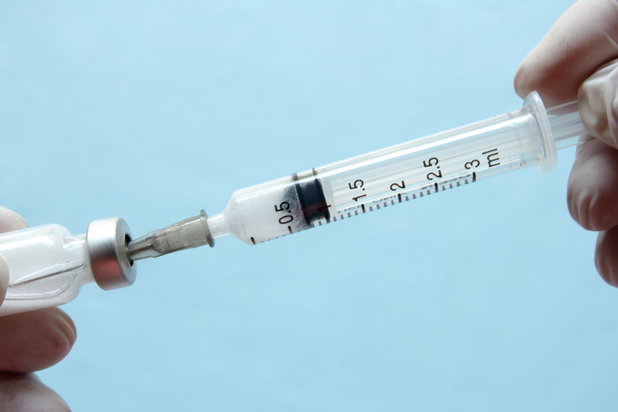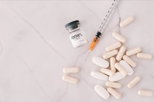The United States continues to be immersed in its battle against heroin and other opioid drugs. According to statistics provided by the American Society of Addiction Medicine (ASAM), heroin and opioid overdoses accounted for nearly 60 percent of all drug overdose deaths in the country. In an effort to curtail the number of overdoses and deaths attributed to heroin and other narcotic drugs, researchers have been testing a number of powerful medications. One medication that has shown tremendous potential in helping heroin addicts is hydromorphone.
What is Hydromorphone?
Commonly sold under the brand name Dilaudid, hydromorphone is a fast-acting and potent opioid medication that is used to treat those who suffer from moderate to severe pain. Available in tablet and liquid form, hydromorphone is stronger than morphine and works quicker than other comparable pain medications. Unlike other medications of its kind, hydromorphone doesn't cause as many side effects like nausea, rashes and other symptoms.
The Study
Last year, Canadian researchers made public a four-year study showing the effectiveness of the drug in treating heroin addiction. The study, which was published in the Journal of American Medical Association (JAMA), was led by researchers from Providence Health Care (PHC), the Centre for Health Evaluation and Outcome Sciences (CHÉOS) at St. Paul's Hospital, and the School of Population and Public Health of the University of British Columbia (UBC) as part of groundbreaking research referred to as SALOME or the Study to Asses Longer-term Opioid Medication Effectiveness.
The study involved a total of 202 participants and had two distinct phases in which each trial participant remained for six months. In the first phase, a random set of participants received injectable diacetylmorphine (commonly known as pharmaceutical grade heroin and is used in treatment situations where addicts are not responding to other forms of intervention) while the other half received an injectable form of hydromorphone.
In the second stage of the study, half of the participants were randomized to continue injection treatment exactly as in stage one, while the other half switched to the oral equivalent of the same medication. This was a double-blind study, which means the participants, researchers or clinical team (other than the pharmacy) were unaware of which treatment was being administered to the participants.
During the course of the study, participants visited the clinic up to three times per day where they received their medication after undergoing an initial assessment. After receiving their medication orally or through injection, participants are observed until staff has determined that it is safe for them to leave. Additionally, each study participant was given access to a team of physicians, nurses, social workers and counselors so they could take measures to achieve stability in their life, such as seeking employment and finding suitable housing.
The Drug’s Role in Heroin Treatment
In the final analysis, researchers found that hydromorphone was just as effective as diacetylmorphine among those users who had previously failed to benefit from other treatments. They also reported a reduction in days of illegal activities other than heroin use. Perhaps most positively, 80 percent were able to maintain retention at six months. Hydromorphone was also found to be safe for patients when administered in a clinical setting.
While the results of this study show that hydromorphone has promise for heroin addiction treatment, calling it a "miracle cure" is premature. Besides this study, there hasn't been much in regards to follow-up research regarding the effectiveness of the medication. With further and quantitative research, hydromorphone could become an important tool in the ongoing fight against heroin overdoses and addiction.
If you or someone you know is seeking help from heroin addiction, please visit our directory of opiate and detox treatment centers or call 866-606-0182 to start the path to recovery today.








